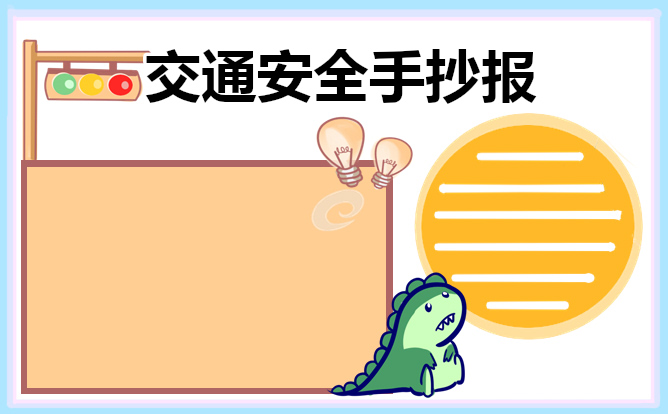美国历届总统简介:第22/24任总统 格罗弗•克利夫兰
Stephen Grover Cleveland was born in 1837 and died aged 71 in 1908. He was the 22nd and 24th president of the United States, being the only president to leave the White House (in 1889) and return for a second term four years later (in 1893). He was also the first Democrat elected after the Civil War. Cleveland was one of nine children. He was raised in upstate New York and qualified as a lawyer in 1859.
格罗弗·克利夫兰出生于1837年,并于1908年去世,享年71岁。他是美国第22,和第24任总统。他是唯一一位于1889年卸任,之后又于1893,时隔四年之后再一次担任总统的人。他也是内战后第一个当选总统的民主党人。克利夫有八个兄弟姐妹。克利夫在纽约的北部长大,1859年获得律师资格。
At 44, his political career took off. Running as a reformer, he was elected Mayor of Buffalo in 1881, and later, Governor of New York. Cleveland won the Presidency with the combined support of Democrats and reform-minded Republicans. It was a hotly-contested race, with Cleveland winning by one-quarter of a percent ofthe popular vote. The electoral votes gave Cleveland a majority of 219–182.
44岁时,他的政治生涯开始如日中天。作为改革者,1881年,他竞选成为了布法罗市市长,之后成为了纽约市长。克利夫赢得了共和党,以及一些希望改革的共和党人的支持,这些支持使他成为了总统。这是一次竞争激烈的竞选,克利夫以25%选票的优势获胜。这次竞选克利夫以绝对的优势获胜,选票是219-182。
In June 1886, Cleveland got married - the only President to do so while in the White House. Cleveland vigorously pursued a policy barring favors to any economic group. He also vetoed many private pension bills toCivil War veterans whose claims were fraudulent. He angered the railroads by ordering an investigation of western lands they held by Government and forced them to return 81,000,000 acres.
1886年6月,克利夫成家了-他是首位在任职期间结婚的总统。克利夫抱着一种对任何团体都不能给予优惠的信条。他否决了对内战退伍军人发放津贴,他们的请求都是带有欺骗性的。他对铁路一直耿耿于怀,并命令对政府管辖的西边进行调查,并强行要回了8100万英亩的土地。
Cleveland was elected as President again in 1892. This time round he faced an acute economic depression. He dealt directly with the Treasury crisis rather than business failures, farm mortgage foreclosures, and unemployment. With the help of Wall Street, he maintained the Treasury's gold reserve. His policies during the depression were unpopular and his party deserted him.
1892年,克利夫再次成功当选总统。这次他面临着严峻的经济萧条。他直接处理了财政危机,而不是商业失败、农业抵押品赎回、失业。通过华尔街的援助,他保留了财政的黄金储备。在这次的经济萧条中,他的政策并没有得到人们的认可,民主党最终将他放弃。





